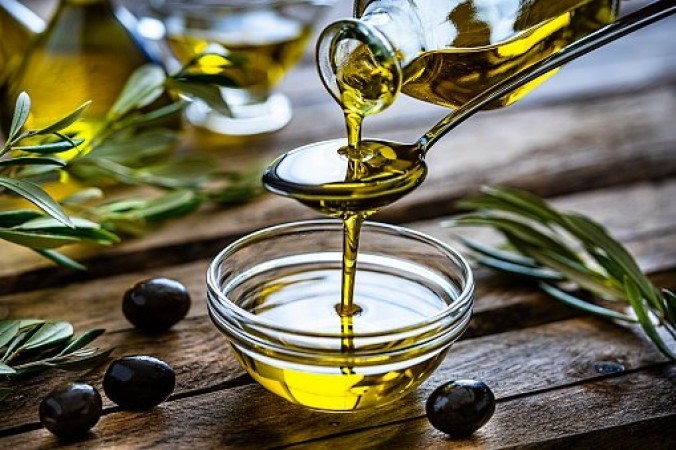
In the world of culinary delights and nutritional wonders, olive oil stands tall as a versatile and healthful elixir. However, it's often a misconception that this liquid gold must be bought from the market. The truth is, making olive oil at home is not only feasible but also a rewarding endeavor.
Olive oil is celebrated for its numerous health benefits, including being a heart-healthy fat, rich in antioxidants, and possessing anti-inflammatory properties. It is a staple in Mediterranean cuisine and has gained worldwide popularity for its unique flavor and versatility in the kitchen.
When you make olive oil at home, you can save a significant amount of money compared to buying it from stores. Quality olive oil can be quite expensive, and producing your own can be a budget-friendly alternative.
Homemade olive oil is as fresh as it gets. You have control over the quality of olives used, ensuring you get the purest, freshest oil without any preservatives or additives.
Experiment with different types of olives to create a custom olive oil with a flavor profile that suits your taste. The possibilities are endless, allowing you to craft a unique culinary experience.
With homemade olive oil, you know exactly where your ingredients come from. You can choose organic, locally sourced olives, promoting sustainability and supporting local agriculture.
To embark on your olive oil-making journey, you'll need the following:
Homemade olive oil can be your loyal kitchen companion. Use it for sautéing, drizzling over salads, as a dip for bread, or in various Mediterranean recipes. Its distinct taste and freshness will elevate your culinary creations.
Creating your own olive oil at home is not only an enriching experience but also a cost-effective and healthier choice. With the right ingredients and a bit of patience, you can savor the taste of your very own liquid gold. So, why wait? Explore the art of making olive oil at home and enjoy its healthful benefits and unique flavors to the fullest.
Perseverance in the Face of Persecution: Atrocities Against the Jews
Ending Time of the Last Lunar Eclipse of the Year on October 28 and Precautions to Take